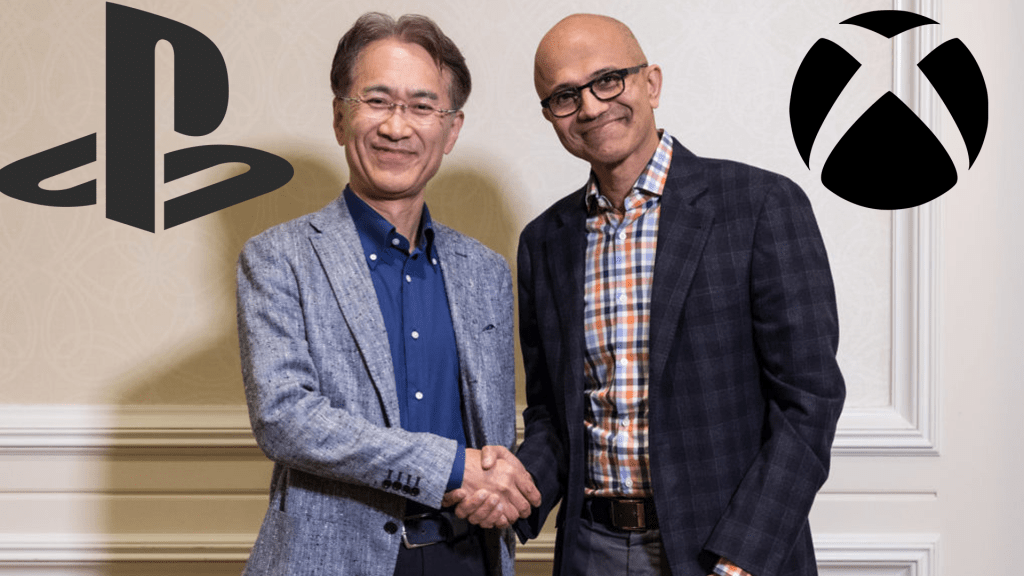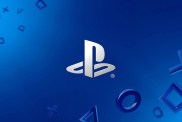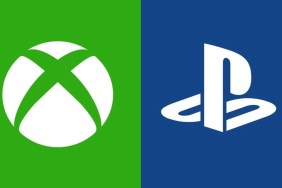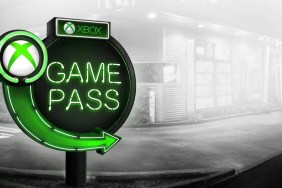Gaming in 2019 is weird. Unexpected story after unexpected story has permeated front pages across the gaming web, shifting the status quo and changing the gaming landscape as we know it. Stories like Bungie stepping away from Activision, Sony stepping away from E3 this year, and even Wired’s pre-reveal of the “it’s not called the PS5 yet but we all know it will be called the PS5” next-generation console. The latest news is that rivals Sony and Microsoft, the companies behind the PlayStation and Xbox consoles respectively, will be partnering and working together on cloud technologies and initiatives, including using Microsoft Azure in Sony’s gaming space. I’m honestly still trying to process this one a bit, namely because I think Daily Reaction has been predicting this path for some time now.
Okay, so I’m not going to claim credit for predicting Sony and Microsoft working together. That specific bit of news is pretty shocking to me. But underneath that big headline are some truths about the trajectory of gaming and where things are headed in the future. For example, a few years ago, Daily Reaction talked about Nintendo losing its seat as one of the “big three” and why that mattered. Since the original Xbox, the gaming landscape has always been Sony, Microsoft, and Nintendo. Nintendo went off on its own to try experimental things and fulfill a very specific need, making it less competition and more supplementary to gaming. Its certainly earned the success it is seeing, with the Switch overtaking the PS4’s lifetime sales in Japan already, but that doesn’t really matter, because the two machines are so fundamentally different. It’s like comparing the sales of cars to motorcycles. Sure, both are vehicles and have many of the same features, but ultimately, they are targeting two different needs.
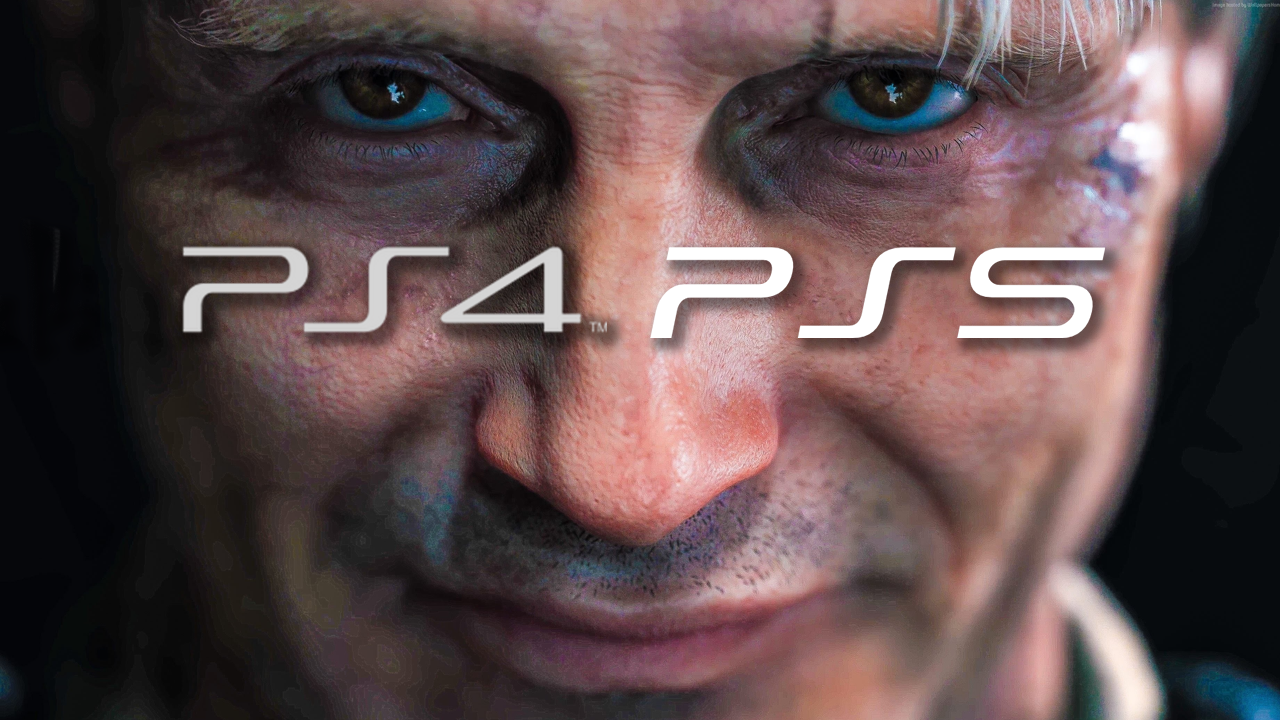
When I brought Daily Reaction back this year, I looked at how each of the big three companies are really starting to do their own thing. Microsoft is moving into the cloud gaming space, with far less importance being focused on the specific box and more attention being given to being a part of that ecosystem. Consoles are becoming Consoles-as-a-Service, as opposed to a specific piece of hardware that you buy. There’s a lot more flexibility there. Sony is now leaning into what other companies are doing by doubling down on the box, but also opening its doors to other services. If people want these other service options, they have the ability to do so through PlayStation, which creates one less barrier for purchasing the box. I called this general approach to Sony’s strategy a couple weeks ago when I wrote about EA Access and Sony embracing the third-party subscription gaming service. I just had no idea it would result in a partnership with Microsoft.
What Does a Sony Microsoft Partnership Mean for the Future?
Sony and Microsoft partnering on cloud technology really opens up a lot of doors, particularly for Sony, which has been a little bit stagnant on its approach. Sure, it’s got PlayStation Now, but with the threat of Google Stadia looming and the enormous power of Google behind cloud gaming technology, the current iteration of PlayStation Now was never going to fly as a feasible solution or competitor. Microsoft, however, has its hands in far more than just gaming, and can a number of possibilities to Sony that may have been otherwise too time or money intensive for it to work out itself. Maybe I’ll soon be able to take my PSN with me everywhere, just like I always wanted.
We know that Sony’s focusing on creating a pretty awesome box because Wired got the inside scoop for system architect Mark Cerny himself. The man behind Sony’s next console (and quite a few of the past ones, as well) gave specific details and goals for the next generation that will only be possible through a specific box. So if Sony has the box, Microsoft has the cloud services, and Nintendo handles gaming on the go, we’re seeing an impressive synergy among the three of them that used to be fierce rivalry and competition. Each company plays its part. Each fills a specific need. There’s still a small amount of competition, but there always will be where spending money on a premium hobby is concerned. Now, however, that competition can be more friendly. It’s not “which console is better,” but “which platform(s) better meet my specific needs.”

Yesterday, we may have thought we had a vision of the gaming future, but each day that vision is changing more and more. I thought I’d be attending another Sony press conference at E3 this year, but there won’t be one. I thought I knew what to expect from the future of Destiny, but Bungie’s split from Activision threw that notion into chaos. I had a pretty good idea of where each of the big companies were focused—Sony on the box, Microsoft on the cloud, and Nintendo on a specialty—and even though I was close, I could not have predicted Sony actually partnering with Microsoft for better technologies in the next gen. It’s a longstanding dream come true, like when you were a kid imagining what the ultimate combo console from every company would look like. The XCubeStation, right? Well, here we are. We’re starting to see the seeds of that idea germinate, albeit in a more realistic way.
What this all means is that gamers really win, because they get options without having to feel like one is missing out to much. They can customize a gaming solution to their own needs specifically, and instead of intense competition, there’s an excitement and camaraderie within gaming. We’re all just going to be able to play how and where is best and most convenient for us. Frankly I’m excited to be able to stick with PlayStation but take advantage of Microsoft’s cloud technology however Sony decides to integrate it. Obviously there are a lot of questions left unanswered at this point, but I can’t wait to see what the next-generation gaming landscape looks like.
Daily Reaction reacts daily to the video game industry. Have suggestions for the column or subjects you’d like us to react to? Let me know in the comments below and be sure to check out previous Daily Reactions for more dives beyond the headlines.
